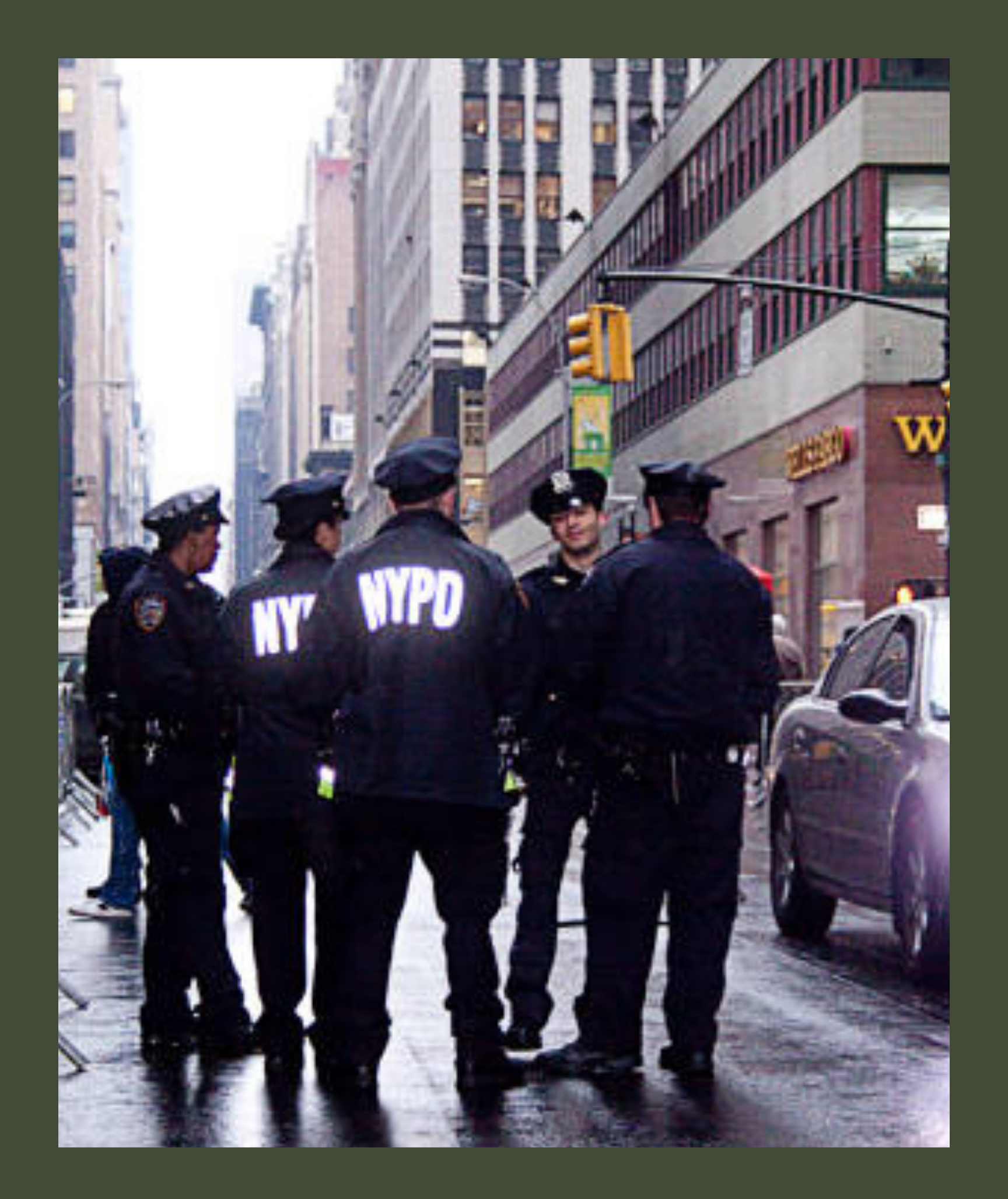
About Me:
I’m a recent Economics graduate with a specialization in Data Science, passionate about using data to drive positive change. My experience includes data analysis, research, and machine learning, and I enjoy applying these skills to address real-world challenges.
I’m especially interested in social justice, women’s equity, and environmental sustainability. My goal is to advance fair policies, promote renewable energy, and help underrepresented communities access the resources they deserve. Whether it’s supporting women’s rights, advocating for marginalized groups, or encouraging sustainable practices, I believe data can be a powerful tool for empowerment and progress.
Work Experience
Schneider Electric Environmental, Health, and Safety Intern (Aug 2023- Jan 2025)
Schneider Electric, recognized as the most sustainable company in 2024, is a global leader in energy management and automation. As an intern in the Environmental, Health, and Safety department, I focus on data analysis to support workplace safety initiatives. I take raw data and transform it into actionable insights, helping to ensure a safe and sustainable environment for our team. My role combines my passion for sustainability with my skills in data analytics, allowing me to contribute meaningfully to Schneider Electric’s ongoing efforts to lead in sustainability and innovation.
Featured in the company’s Intern’s Day campaign .
Data Analytics | Public Policy | Environmental Sustainability | Social Equity | Research
A Blog
Introduction

For as long as I can remember, I’ve been drawn to how numbers reflect real lives. Behind every dataset, there’s a story — of people, communities, and the systems that shape them. Her Equation was born from that belief: that data, equity, and sustainability are deeply connected, and that numbers can give voice to issues that often go unseen. This series is my space to bridge what I’ve learned in economics and data science with the causes that matter most to me — gender equity, sustainability, and social justice.
Read moreNYPD Hate Crimes

Exploring hate crimes in cities is crucial for community well-being and safety, especially in a diverse setting like New York City. Read more
Research
Exploring Links Between Climate Change, Infant Mortality, and Gender - Based Violence in the U.S.

This study explores the intersection of climate change, infant mortality rates (IMR), and gender - based violence in the United States, focusing on the role of environmental stressors such as CO2 emissions and various extreme weather events. Using a two - way fixed effects model, the analysis uncovers counterintuitive findings, including a negative association between CO2 emissions, most air pollutants, and IMR, potentially reflecting the indirect benefits of economic development. Conversely, NO2 exhibits a positive relationship with IMR, emphasizing its harmful impact on infant health . The study highlights income disparities as a key factor, with econom ic stability reducing IMR despite environmental risks. These findings emphasize the necessity for integrated policies that tackle environmental, social, and economic vulnerabilities to improve public health and promote gender equity in the context of clima te change Read more
Subway Lines and Social Divides: Analyzing Transit Disparities in NYC's Neighborhood

This study delves into the disparities in public transportation access across New York City’s neighborhoods, with a focus on subway transportation. Analyzing data from Manhattan, the Bronx, Brooklyn, Queens, and Staten Island, the research employs a decision tree algorithm to assess the interplay of various factors – borough, race, car-free percentages, commute times, and median household incomes (both owned and rented properties). This methodological approach enables a nuanced understanding of how these variables collectively influence public transportation inequalities. Our findings reveal significant gaps in subway accessibility, particularly affecting lower-income and minority communities. In response, the study promotes a restorative approach to address issues of transportation justice. This includes implementing a dual strategy: an inter-neighborhood approach to lessen disparities across different neighborhoods, and an intra-neighborhood plan focused on narrowing the gaps within individual neighborhoods themselves. These recommendations are aimed at promoting transportation equity and ensuring a more inclusive urban mobility framework. Read more